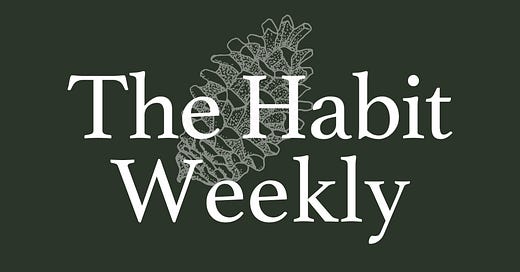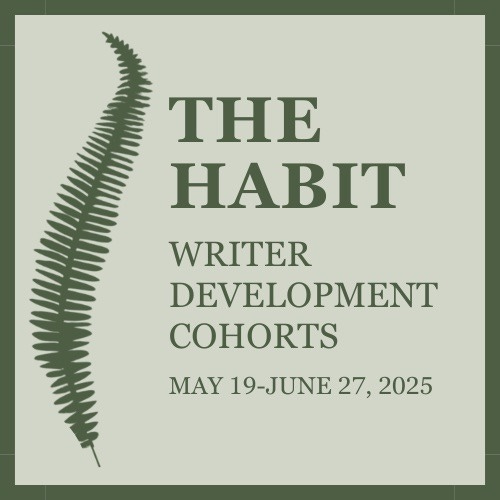I spent this past weekend in the garden—or, rather, in a patch of grass and weeds that will soon be a garden, Lord willing. It was a back-breaking business. I had been at it for many hours when a crew of professional gardeners rolled up at the neighbors’ house and whirled around like something out of an old cartoon for fifteen or twenty minutes, it seemed to me, leaving behind them a yard that looked like something out of Southern Living magazine. Meanwhile, I was still sweating and grunting over the same tuft of grass I was working on when they arrived.
Oftentimes when we’re out weeding or otherwise toiling in the garden, we can see our neighbors relaxing in their yard, which is quite a bit more beautiful than ours, and I wonder what I’m doing with my life.
On Sunday morning, still creaky from my efforts in the yard, I picked up Josef Pieper’s Happiness and Contemplation, and ran across this passage:
Activity that reaches out into the world certainly does not affect only the field, the rose bed, or the block of marble; it also affects the actor himself. Along with the doing of any work there is an effect which does emerge, but which remains hidden within the doer himself, perhaps chiefly as a fruit of insight, as a verbum cordis [a word of the heart]. Perhaps this fruit can grow only in the course of a man’s dealing with the pliable or resistant matter of a garden, or potter’s clay, or marble; perhaps this is the only way in which it can grow. And may it not be that in this inward fructification lies the truly beatifying element which we rightly ascribe to all creative activity?
When it comes to creative endeavors, the finished product isn’t the only point, or even the main point. Any time you make something, something is being made in you.
Pieper cites a proverb that seems especially relevant: “The rich man says ‘my garden’; his gardener smiles.”
A six-week online intensive for writers of memoir and creative nonfiction. Limited to 16 writers. a six-week online small-group writing intensive designed to help writers develop their unique voice, refine their ideas, strengthen their craft, and build sustainable work habits. Find out more at TheHabit.co/Cohorts.
The April Poem-A-Day challenge (go to the Habit Trails subforum on The Habit Forum).
Virtual Writing Rooms on Monday, Tuesday, Wednesday, Thursday and Friday
Starting today: Creative Nonfiction Mini-Class - David Foster Wallace’s essay “Shipping Out”
Wednesday, noon Central: Habitation Poetry Group
Thursday, 1pm Central: Office Hours
There's a place for you in this vibrant community of writers. Find out more about The Habit Membership here.
Matthew Clark on the Love that Outlives Death
Matthew Clark is a singer/-songwriter, a storyteller, and a free spirit. He drives around America in a van he calls Vandalf, taking his music and stories and wisdom to audiences across the country. For the last six years he’s been working on a project he calls The Well Trilogy. Three albums of eleven songs, each accompanied by a collection of eleven essays inspired by the songs, written by friends of Matthew. The latest installment, Where the River Goes, comes out this week. In this episode, Matthew and I talk about aligning with reality, overcoming despair, and the love that outlives every kind of death.
This episode is sponsored by The Habit Writer Development Cohorts. Find out more and apply for a cohort at TheHabit.co/Cohorts.








This was great, Jonathan. You reminded me that when I write, "something is made in me." I'm more aware of God's involvement in my life, and my story is more vivid. I engage with the person God made me to be and his gifting, so I feel alive, like I was made to write. And when it's hard to write, and hard to finish and edit, I don't have to interpret that as a sign that I'm failing. The more consistently I write and share the writing, the more I sense something is made in me. Thank you.
I just love this. So easy to side-eye what looks to be the fast lane everyone is traveling in. Let’s take the slow, narrow way and not miss anything.